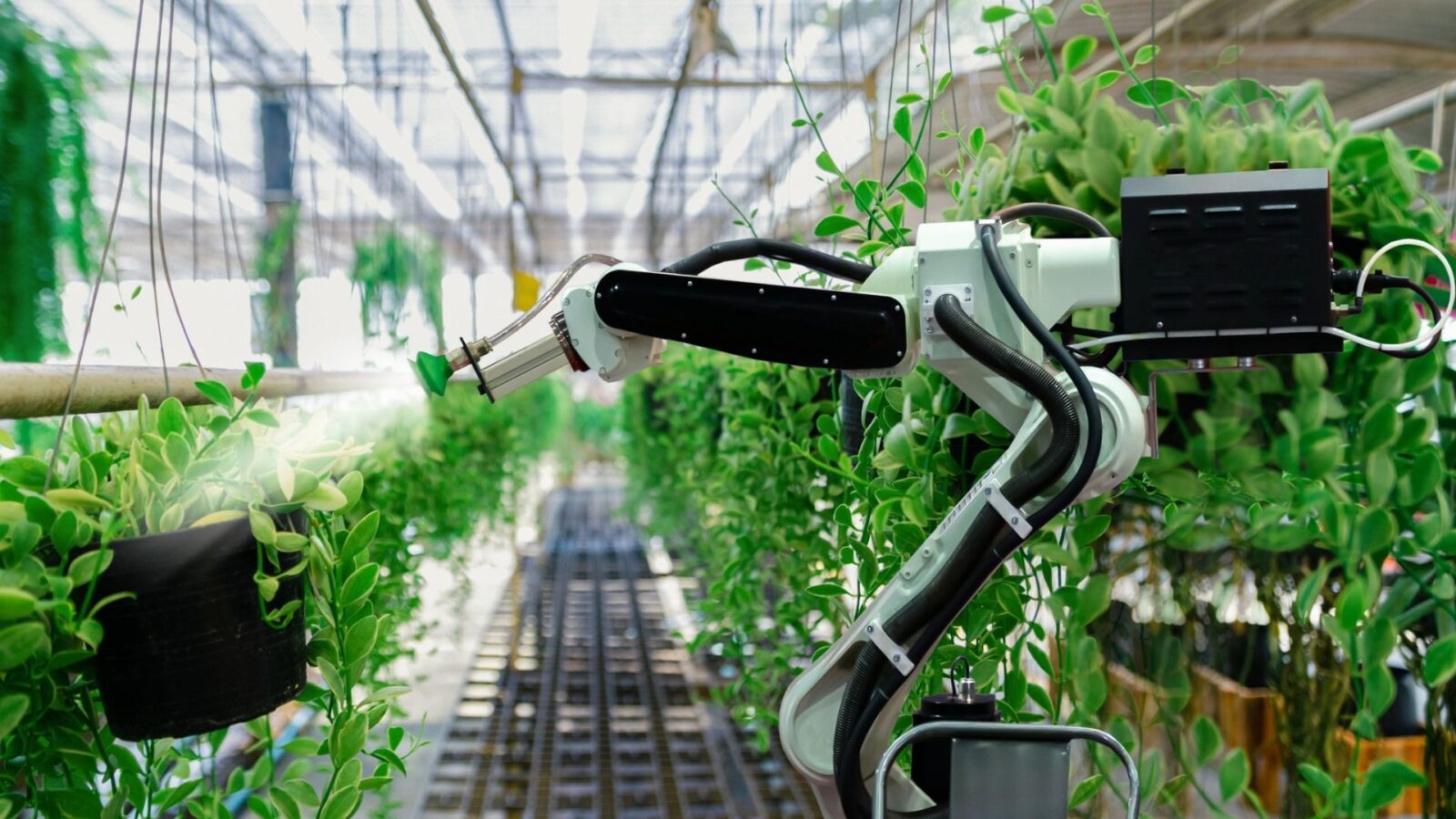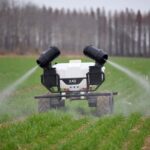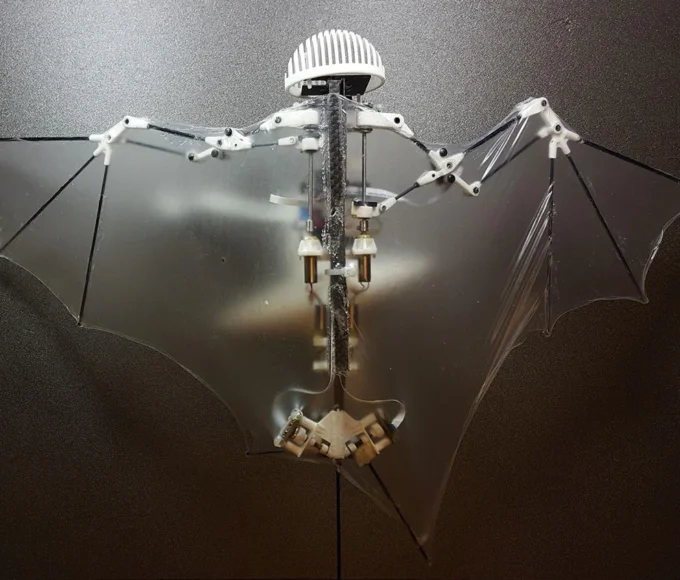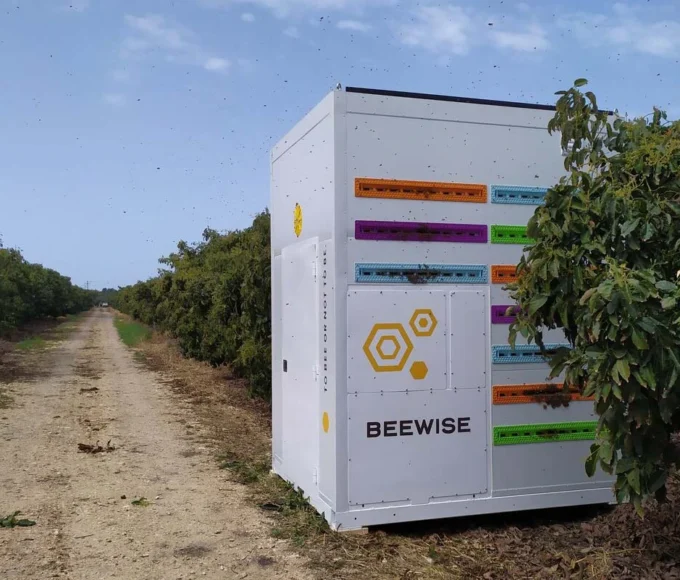Automated Farming has become a popular technique in recent years, as it offers a more efficient and less labor-intensive approach to traditional farming. This technique involves using advanced technologies such as robotics, AI, and IoT devices to automate tasks such as planting, fertilizing, harvesting, and processing. The integration of these technologies creates smart farms, which use sensors, drones, and autonomous vehicles to collect data on crops, soil, and weather conditions, enabling farmers to make informed decisions and optimize yields.
The use of robotics technology in farming is not new, as farmers have been using machinery such as tractors to automate tasks for decades. However, the advancement of technology has made robotics in farming more sophisticated, enabling farmers to automate a wide range of tasks. For example, drones equipped with cameras and sensors can scan large fields and identify areas that need attention. Autonomous vehicles can also be used to transport crops and fertilizers, reducing the need for manual labor.
Automated Farming has several benefits, including increased efficiency and sustainability. By automating tasks, farmers can optimize the use of resources such as water and fertilizer, reducing waste and increasing yields. Automated Farming also reduces the risk of human error, which can lead to crop failure or damage. Additionally, Automated Farming can reduce the use of pesticides and herbicides, which are harmful to the environment.
The market for Automated Farming is expected to grow significantly in the coming years. According to a report by BIS Research, the global market for agricultural robots is projected to reach $35.75 billion by 2028. The report cites the growing demand for food and the need for more sustainable farming practices as the main drivers of growth in the market.
Companies in this domain:
In India, several companies have begun to invest in Automated Farming technologies. For instance, TAFE has partnered with Japanese company Yanmar to introduce advanced tractors equipped with sensors and GPS technology. These tractors can perform tasks such as tilling, sowing, and planting with precision and accuracy, reducing waste and increasing yields. Another company, Fasal, has developed an AI-powered platform that uses sensors to collect data on crops and weather conditions, enabling farmers to make data-driven decisions and optimize yields.
Automated Farming is a growing market in India, as the country seeks to meet the growing demand for food and address the challenges of a shrinking labor force and the need for more sustainable farming practices.
With the adoption of advanced technologies such as robotics, AI, and IoT devices, Automated Farming offers a promising solution to these challenges, enabling farmers to optimize yields and reduce waste while minimizing the impact on the environment.
















%s Comment